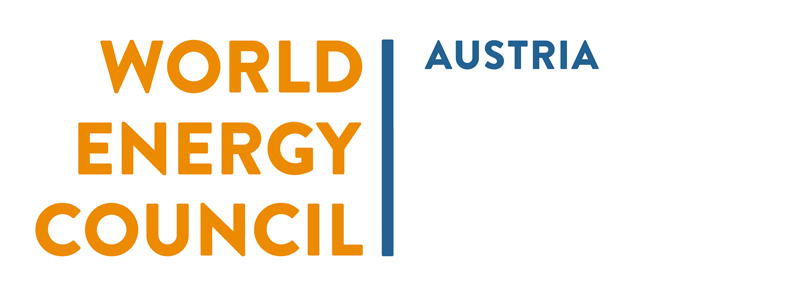Why is global progress on energy transitions slower than expected, and how can we shift policy gears? The World Energy Council welcomes the Brazil G20 presidency’s focus on social inclusivity and justice. Mobilising more people, generations, and diverse communities is crucial if we want to drive “better” energy transitions. In […]
Mehr erfahren
The following topics were dealt with in the context of the 3rd cycle: Energy-efficient use of resources in energy-intensive industry – Possible opportunities for securing locations EVU 2050: Tech company or dinosaur? Business models beyond pure energy supply Barriers to innovation in the energy sector – YEPs as enablers of […]
Mehr erfahren
The goals to be achieved in the ‘Energy Trilemma’ are defined by the World Energy Council (WEC) as secure energy supply, access to affordable energy, sustainability in the generation and consumption of energy. Each country pursues its own strategy to solve the energy trilemma. In the current Energy […]
Mehr erfahren
Following the release of the “Hydrogen on the Horizon” series in July and September 2021, the World Energy Council, in collaboration with EPRI and PwC, led a series of regional deep dives to understand regional differences within low-carbon hydrogen development. These regional deep dives aimed to uncover regional perspectives and […]
Mehr erfahren
The annual World Energy Issues Monitor provides a unique insight into what energy policy makers, CEOs and leading experts identify as critical uncertainties and priorities for action. The report surveyed 2,200 decision-makers in the international energy community from nearly 100 countries. The survey results show a clear upward trend […]
Mehr erfahren
The Young Energy Professionals (YEP) programme is an interdisciplinary network of young executives from members and partners of WEC Austria and is based on an initiative of the London WEC office. The 1st cycle was launched in October 2015 and lasted until autumn 2018. The topics covered by the […]
Mehr erfahren
Hydrogen is being discussed as one important solution to meet the Paris climate goals, as it can be a clean fuel, feedstock, and reagent for many energy intensive processes and transport services. However, possible hydrogen demand trajectories up to 2050 can vary depending on the development of complementing technologies, such […]
Mehr erfahren
WEC released Inputs from Senior Leaders on Hydrogen Developments, a further Working Paper in the “Hydrogen on the Horizon” series produced in collaboration with the Electric Power Research Institute (EPRI) and PwC. The Hydrogen on the Horizon series aims to start a multi-stakeholder, multi-level community dialogue on hydrogen’s role in energy transitions. In […]
Mehr erfahren
The working paper in the Hydrogen on the Horizon series, produced in collaboration with the Electric Power Research Institute (EPRI) and PwC, includes extensive research on national H2 strategies and interviews with 38 experts from 23 countries. Starting with the publication “Innovation Insights Briefing: Hydrogen on the Horizon: Ready, Almost […]
Mehr erfahren
The topic of hydrogen is becoming an increasing political priority worldwide. Already 20 countries have published their own hydrogen strategies or plan to complete them in the coming months. More than 30 other countries support pilot and demonstration projects or are discussing selected policy steps for hydrogen use. The World […]
Mehr erfahren
